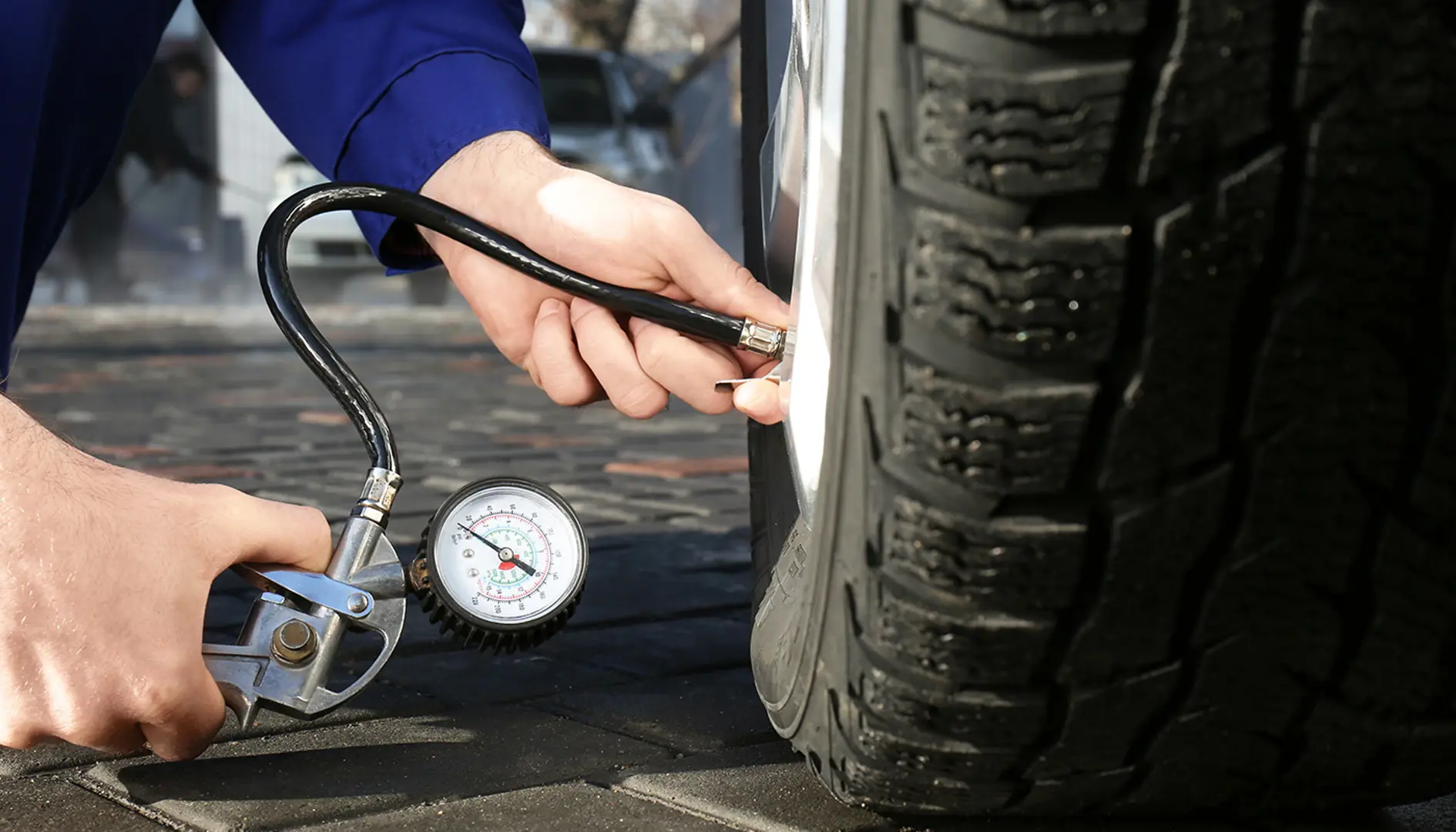
Winter is coming, but is your fleet ready? The colder months bring a unique set of challenges for vehicles and drivers alike. Breakdowns increase. Fuel efficiency drops. Batteries fail. And delays – caused by weather, breakdowns or road conditions – are more frequent and harder to recover from.
But a bit of early preparation now can prevent the hassle (and cost) of surprises later.
Here’s your practical guide to preparing your fleet for the winter season.
Why winter prep matters
Winter weather can hit hard and fast. The cold affects how vehicles start, how they drive, and how efficiently they use fuel. Roads get slippery. Visibility gets worse. And your team spends longer getting from A to B.
But it’s not just about performance. It’s about safety, reliability and cost control.
Early preparation helps you:
- Reduce emergency callouts and downtime
- Improve fuel efficiency in colder, stop-start conditions
- Keep drivers safe and confident
- Prevent small issues from becoming expensive breakdowns
- Stick to delivery schedules when other fleets are falling behind
What can go wrong if you don’t prepare?
Without proper winter checks, your vehicles are more likely to suffer from:
- Battery failure: Cold temperatures reduce battery output, especially in older batteries.
- Low tyre pressure: Colder air reduces PSI, leading to less grip and poorer fuel economy.
- Frozen or worn wipers: Visibility drops, and poorly maintained blades can damage windscreens.
- Poor demisting: Blocked vents or faulty heaters make it hard to clear windows.
- Lighting issues: Shorter days mean more driving in the dark, making working lights critical.
- Coolant problems: Not enough antifreeze or old coolant can lead to engine problems in freezing temps.
The essential winter vehicle checklist
Get ahead of cold weather with these quick, but thorough checks:
- Tyres: Check tread depth, condition, and pressure weekly. Consider switching to winter or all-season tyres if your routes are rural or icy.
- Battery: Test for charge and performance. Replace batteries older than three years before cold weather hits.
- Brakes: Inspect pads, discs and performance. Wet or icy roads need responsive braking.
- Lights: Check brightness, alignment, and cleanliness. Replace broken or dim bulbs now.
- Wipers and washers: Replace worn blades and top up with winter-grade screenwash to prevent freezing.
- Coolant and oil: Top up as needed and check for leaks. Use winter-grade fluids if recommended by the manufacturer.
- Cabin heating and demisters: Make sure they’re working properly before the first frost hits.
Remind drivers: winter needs a different approach
Even with perfectly prepped vehicles, driver behaviour plays a huge role in staying safe and efficient through the colder months.
Encourage your team to:
- Allow more time for each journey
- Drive slower and more cautiously in bad weather
- Use headlights earlier in low-light conditions
- Carry winter essentials like de-icer, torches, gloves, and an ice scraper
- Stick to planned routes – especially if some roads are untreated or flood-prone
- Check vehicles daily and report issues early
A short refresher or team briefing in October can help reinforce these habits before the winter really sets in.
Use tools to track performance and avoid surprises
With the right digital tools, you can spot trends and take action, before minor issues lead to downtime or overspend.
With fuelGenie, you can:
- Track fuel usage by vehicle and driver
- Set spend limits for winter to manage longer journeys and route changes
- Monitor changes in fuel efficiency (like drops caused by cold weather or traffic)
- Access HMRC-compliant records for easy reporting
- Use the app to plan low-cost refuelling at supermarket stations, even when routes change due to weather
These features help you stay on top of costs and give your drivers one less thing to worry about when the roads get rough.
Bonus tips: cost-saving extras
A few final ideas to keep your fleet running smoothly through winter:
- Consolidate deliveries when possible to reduce mileage
- Avoid topping up at premium motorway stations – plan refuelling in advance
- Encourage drivers to reduce idle time when warming up the engine
- Use data to review driver behaviour and reward efficient driving
- Consider fuel cards to simplify expense tracking and VAT reclaim over the busy winter season
Beat the cold with a cool head
Winter doesn’t need to catch your fleet off guard. A bit of planning now can help your vehicles perform better, your drivers stay safer, and your business run more efficiently through the toughest months of the year.
So check the tyres, warm up the engines, and get those winter kits ready.


